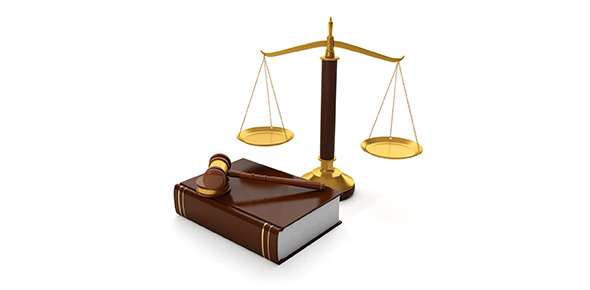Related Flashcards
Related Topics
Cards In This Set
| Front | Back |
|
R v Khan
|
That there was no right of privacy in English
law
Relevant evidence remained admissible, despite being obtained improperly or unlawfully, subject to the court's discretion to exclude it. Although an apparent breach of the ECHR could be relevant in considering whether to exclude evidence, it was not determinative per se, as an appellant's rights were safeguarded under s.78 of the 1984 Act which provided for a review of the admissibility of evidence |
|
R v Chalkley +
Jeffries
|
That the
fact that conduct might be typified as unlawful or oppressive did not
automatically require its exclusion on the grounds of unfairness
that it was necessary to have regard to all the circumstances in which the evidence was obtained, and the determination whether to stay criminal proceedings as an abuse of process was distinct from the determination of the fairness or otherwise of admitting evidence under section 78 of PACE 1984. The exercise for the judge was not to mark his disapproval of the conduct of the investigations or proceedings by a discretionary decision to stay them but to examine the question whether it would be unfair to the defendants to admit the evidence |
|
Khan v United Kingdom
|
It was not the ECHR's role to determine whether
the evidence was admissible and it found that the secretly taped evidence did
not render the proceedings wholly unfair, as the domestic courts could have
used their discretionary powers to exclude the evidence under the PACE Act 1984
s.78.
|
|
R v Smurthwaite
|
That the judge had no discretion to exclude
admissible evidence merely on the ground that it had been improperly obtained.
The provisions of s.78 did not alter the substantive rule of law that
entrapment or use of an agent provocateur did not per se afford a defence.
The judge had discretion to exclude the evidence if he thought that the obtaining of it would have such an adverse effect on fairness that he ought not to admit it. In these cases the evidence of the secret tapes had been properly admitted |
|
Teixeira de Castro v Portugal
|
The necessary inference was that the officers
did not confine themselves to investigating T in an essentially passive manner,
but exercised an influence such as to incite the commission of the offence.
The officers' actions went beyond those of undercover agents and since without their intervention the offence would not have been committed, right from the outset T was deprived of a fair trial and there had been a violation of Art.6. |
|
R v Loosley
|
Whilst it would be acceptable if officers
were to provide a person with an unexceptional opportunity to commit a crime
and that person then freely took advantage of the opportunity provided, it
would be unfair and an abuse of process to allow law enforcement agencies to
instigate an offence by offering inducements and luring a person into a course
of action he would not normally have followed.
|
|
Latif and Shazard v R
|
Whether the proceedings should have been stayed
on the ground of abuse was a matter of discretion for the judge, balancing the
interests of avoiding an affront to the public conscience and the public
interest that those charged with serious crimes should be prosecuted, and
notwithstanding B's offence, the judge had been entitled to conclude the
proceedings should not be stayed
|
|
Allan v United Kingdom
|
That the right to silence was a generally
recognised international standard which lay at the heart of the fair procedure
guaranteed by Art.6(1). The right not to incriminate oneself was primarily
concerned with respecting the will of an accused person to remain silent and
presupposed that the prosecution in a criminal case would seek to prove the
case against the accused without resort to evidence obtained through methods of
coercion or oppression in defiance of the will of the accused. In determining
whether a procedure had extinguished the essence of this privilege, the Court
should examine the nature and degree of the compulsion, the existence of any
relevant safeguards in the procedures and the use to which the material so
obtained was put.
In A's case, the use of taped material concerning L and J breached Art.6(1) as there was no evidence that any admissions made by A in this context were involuntary in the sense that he had been coerced into making them or that there was any entrapment or inducement. However, the admissions allegedly made to H were not spontaneous and unprompted statements volunteered by A. Rather, they were induced by the persistent questioning of H who, at the instance of the police, had channelled their conversations in circumstances which were to be regarded as the functional equivalent of an interrogation without any of the safeguards normally attached to a formal police interview. A would have been subjected to psychological pressures which impinged on the "voluntariness" of the disclosures which were alleged to have been made. Accordingly, the information gained by the use of H impinged upon A's right to silence and the privilege against self-incrimination. |
|
R v Edward Grant
|
Notwithstanding the fact that there was no
prejudice to the appellant as a result of the placing of covert listening
devices in a police yard, general unlawful acts by the police amounting to a
deliberate violation of a suspected person's right to legal professional
privilege were so great an affront to the integrity of the justice system, and
therefore the rule of law, that the associated prosecution was rendered an
abuse of process.
|







